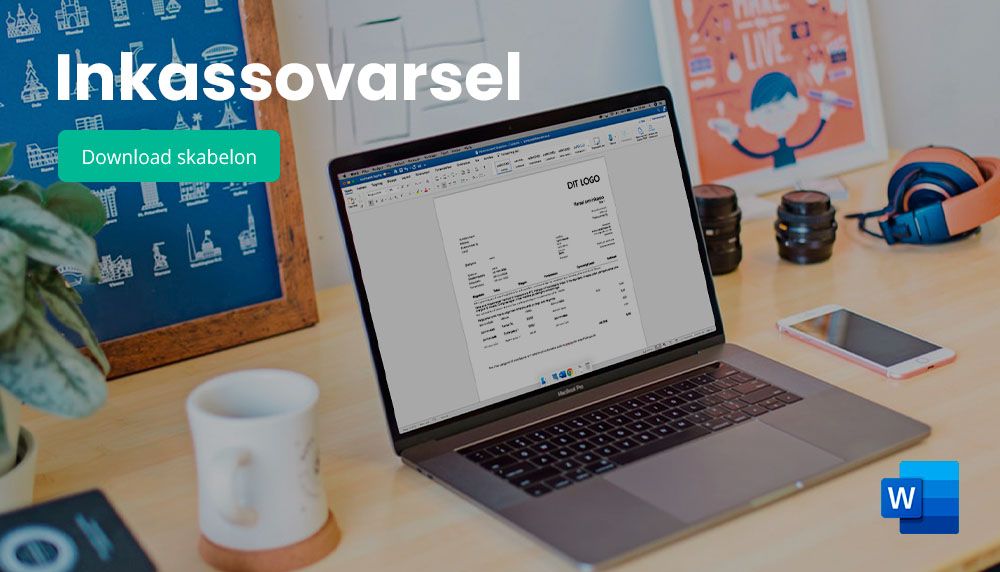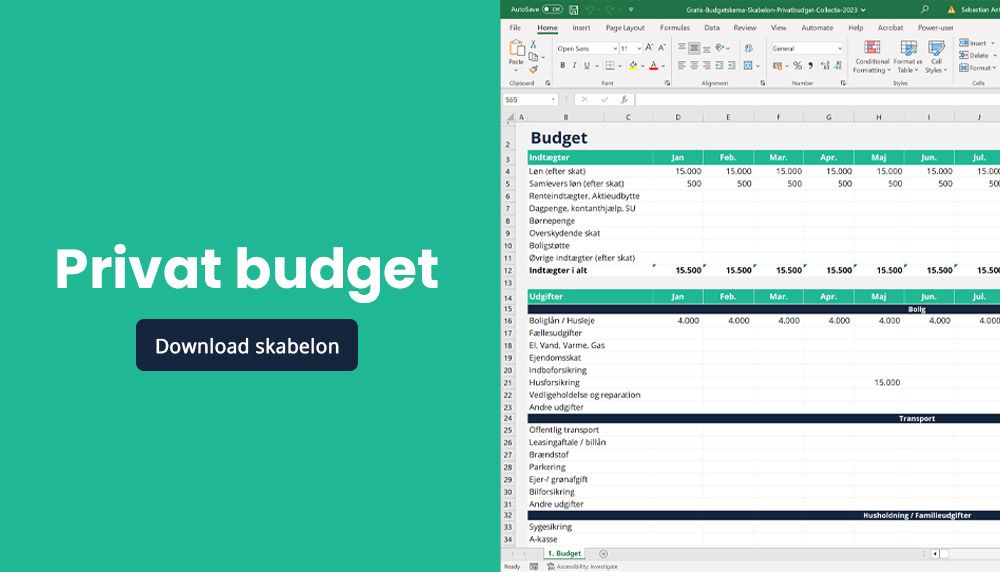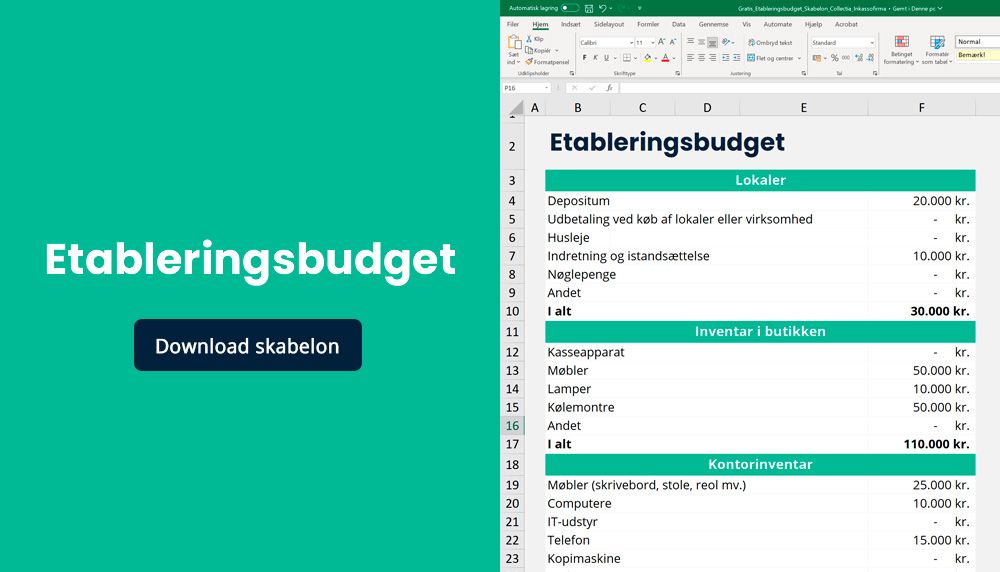
Pension
Interest is, simply put, the cost of borrowing money. You pay interest to borrow money from banks, finance companies, mortgage lenders or other loan providers.
In addition, many earn interest from having deposits in the bank.
A distinction is made between deposit rates and lending rates.
Interest may also be charged in connection with late payment and debt collection, for example when one or more invoices are unpaid.
In this dictionary, we focus on interest in the context of debt collection and debt recovery.
Interest on debt collection and late payment
If you have one or more unpaid invoices, you have the option to charge interest on your claim.
One of the reasons for the possibility of charging interest on debt collection claims is that you miss out on interest from the bank if you fail to pay. For this reason, it is therefore also a good idea to always charge interest in a debt collection case.
As a creditor, you have the option of charging interest yourself, but if you refer a case to a debt collection agency or a lawyer specializing in debt collection, for example.
What interest can be charged on a debt collection case?
Interest in connection with debt collection is regulated in the Act on Interest and Other Matters Relating to Late Payment, or in everyday speech simply referred to as the Interest Act.
The interest rate is a so-called reference rate, which is Danmarks Nationalbank's lending rate as of January 1 or July 1 + a supplement of 8%.
For example, if Danmarks Nationalbank's lending rate is 3%, 8% must be added - a total interest rate of 12%.
Always check the current interest rate on Danmarks Nationalbank's website.
When can interest be charged?
Interest may be charged from the due date, cf. sections 3-4 of the Danish Interest Act.
In B2B relationships, i.e. where a company trades with another company, the creditor can generally only charge interest 30 days after the due date, unless otherwise specifically agreed in advance.
If there is an agreement regarding interest prior to the transaction, interest can be imposed and calculated in advance.
If nothing has been agreed in advance, interest may only be charged 30 days after the due date.
Limitation of interest
Your interest becomes statute-barred after three years.
If the interest is recognized in a payment agreement, promissory note or by a judgment in, for example, the enforcement court, the limitation period is not three years - but ten years.











